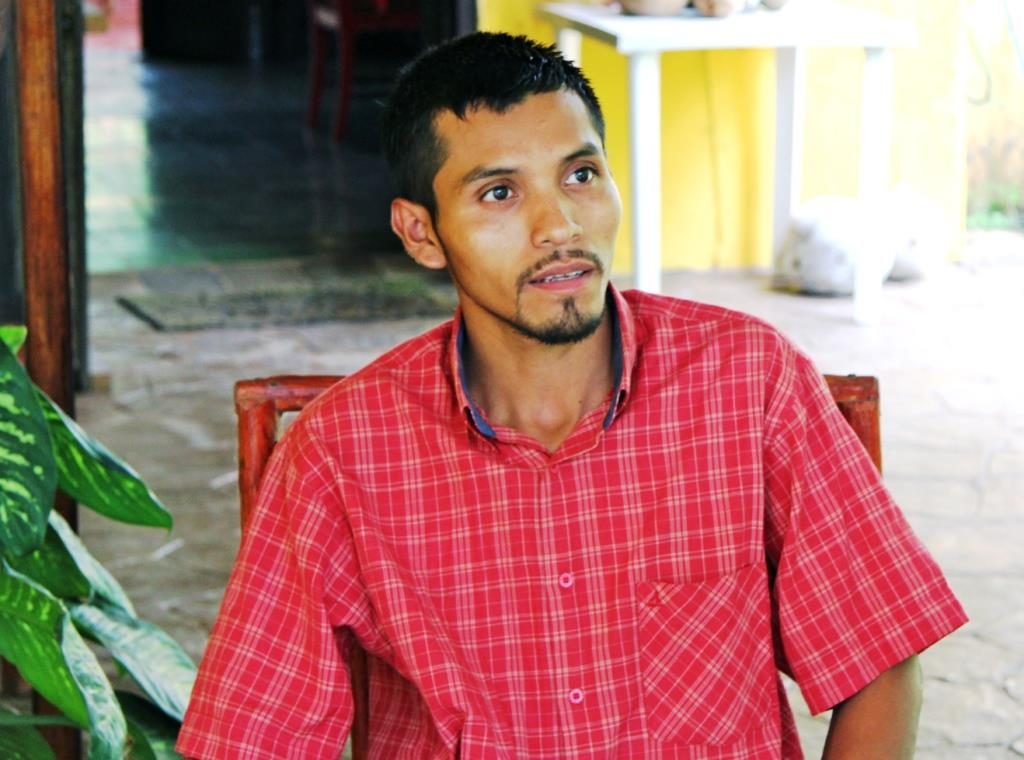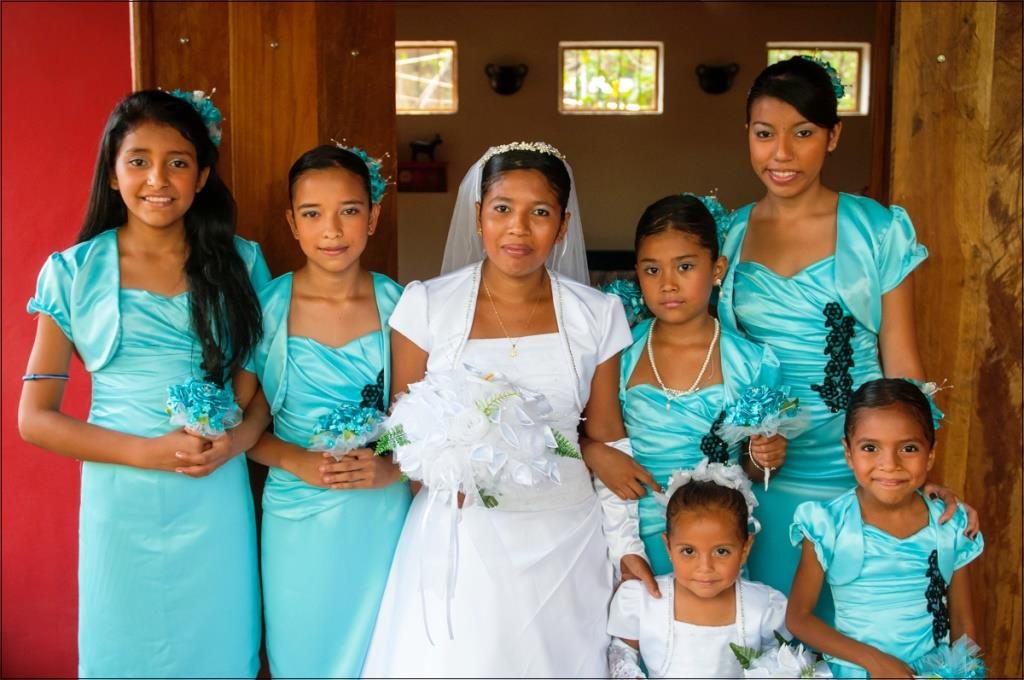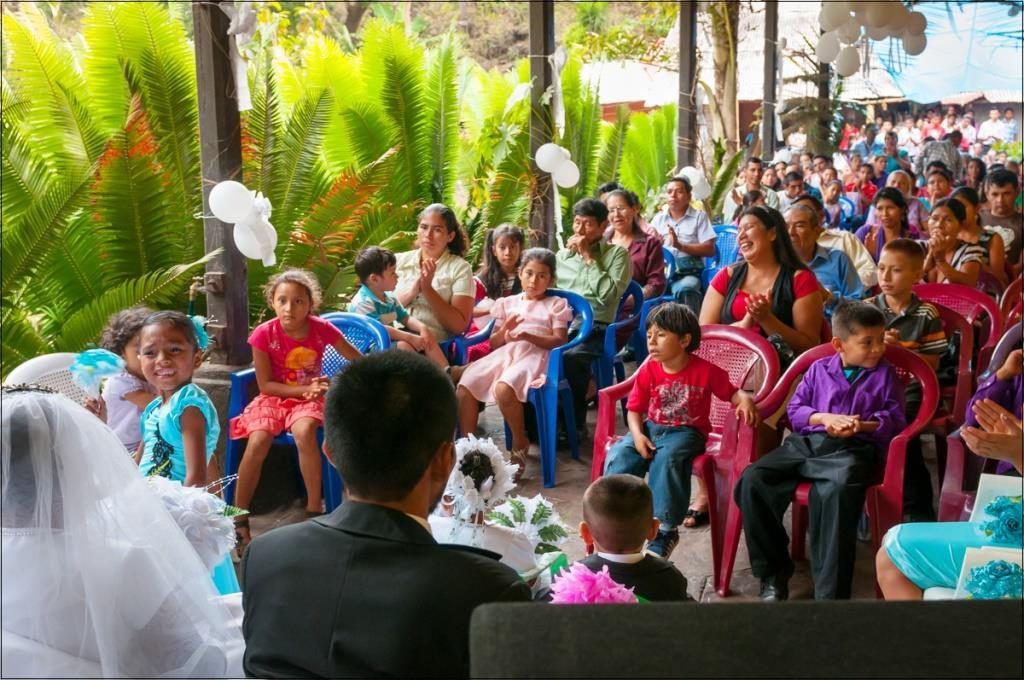STORY OF EVERS RIVAS SIGARAN

Esta historia se escribe en Español = This story is also written in Spanish here.
“Many youth have skills and are trained in a career, but there are no opportunities to use those skills.”
Editor’s Note: Coffee is El Salvador’s top agricultural cash export crop as of this writing. Its production varies depending on the volatile weather conditions which can be severe tropical depressions and hurricanes here on the side of a volcano. This area of El Salvador has recently been hit by the destructive Boca beetle and now battles an aggressive fungal blight called Roya, commonly known as “coffee leaf rust” which is running rampant throughout Latin America. This blight is affecting 70% of coffee trees in the country. Even IF the trees produce beans to maturity, their quality is generally inferior and greatly compromised in flavor.
As I spend time on this finca (farm), I come to appreciate all the aspects of what is involved in growing coffee from its single leaf planted in the nursery to its many export permits needed in shipping those ripe dried choice, red, cherry beans for cupping. It all amounts to a great deal of pressure for the major-domo or mandador of the finca. As if the plants themselves are not enough to be vigilant over, there are staffing issues to deal with on a daily basis. The most serious would be if the crop would regularly fail causing workers to need to re-locate in order to make a living. {Many rural Central Americans have had to migrate to cities or other countries for this very reason.}
For someone in his early-20’s to carry this responsibility of overseeing this entire process to the satisfaction of the finca owners, Evers accepts the challenges of the position humbly, willingly, and capably.

Both my professional and personal life has changed beyond my wildest dreams these past three years. In that lapse of time my job role changed from being one of the coffee finca crew members to the mandador (foreman.) I was twenty-four years old at the time. Shortly thereafter Marisol, my significant other, and I began planning a formal wedding ceremony to change our relationship from acompanarse which has now happened. My life is full of new responsibilities and excitement.
I’m one of ten kids (seven brothers and two sisters) born here on this very coffee finca on April 18, 1986. Life was a struggle just providing for the basic needs of our family when I was young. Like many other kids during that time, I was able to attend formal school only through the fifth grade before it was necessary for me to work and help support our large family. I watched and learned all the different jobs involved in tending the finca from my dad and others who worked here. For example, when I was a teenager, I learned to carry a machete and serve on the shade cutting crew.
(Evers’ dad shares a funny childhood memory with us.) “Some friends told him to put a kernel of corn up his nose. He did it and after a time, it turned red from an infection. No one knew how to get the kernel of corn out. Finally someone suggested the only way was to use my mouth to create a pressure and BLOW it out. It worked.” (They both laugh.)
The first owner of the finca who I can remember was Don Daniel Quiros. Although he was originally from El Salvador, he lived in the U.S. He would come to visit the finca for a few days at a time and then return to the U.S. The current owners live here full-time and take a personal interest in their employees.

That interest turned to deep concern in 2008 when I had a bad accident on the job. There are inherent dangers in this line of work, of course. We workers were all spraying the weeds with a herbicide when suddenly the spray accidentally got pushed into my eyes. Three days later this became a major problem for me. The finca owner here was fortunately concerned enough and attentive to my situation. She drove me to a special eye doctor out of town who treated me for a month. The doctor told me that if I had not come in when I did, I could easily have lost my eyesight permanently. I was very grateful for the help the finca owners gave me not only for the treatment, but also for helping my family during the time I was unable to work. They were not required to do that, but are decent people who felt a responsibility to my family. I have not had any recurring eyesight problems as a result of that accident. No, I have not had any other major accidents since; only minor scrapes like getting hit by a rock.
The way I ended up with my current job responsibilities was the result of a terrible, tragic accident of our finca’s mandador/major-domo in 2010. He was driving his truck to work one morning and was hit and instantly killed. The finca owners needed someone to run the finca and chose me to fulfill those duties. The previous mandador and I had a good working relationship and I had learned much from him. Fortunately the other workers accepted that I was selected to fill that role, and have shown no resentment or jealousy toward me. They understand the situation and have treated me with respect.
The trust that the finca owners have in me to offer me the job means a great deal to me and to my entire extended family. I am very happy and grateful to be entrusted with this responsibility by them. They are also helping me learn new skills to increase my knowledge of the workings of this operation. They made sure I took driving lessons so I would be able to pass my drivers’ license. Driving the property truck is vital to this work. I also have been taking classes in Sonsonate for three months on cacao as well as classes in the capital on branding coffee. An added benefit to this position for my family is being provided a home here on the premises to live. I am proud of being able to do my job effectively. I am a hard worker and I have been able to do anything asked of me so far. It would be difficult to fire someone, but that has not happened yet.
{Recently Evers had to destroy eight acres of coffee trees due to blight which is invading Central and South American trees. This took an emotional toll on him. However, the understanding agronomist hired to consult with him assured him that in two years those trees will return to production. Evers’ dream is for the entire finca to be “full, full, full of coffee with bright red berries everywhere.” Currently there are 75 acres in coffee.}
I manage the five full-time employees, and during the busy harvest season, an additional 20-25 pickers. My dad still does some seasonal work for us here on the finca such as cutting coconuts out of the palms. Two of my brothers continue to work here also. One of my sisters picks coffee for us during harvest time. {The coffee process itself involves planting, weeding, fertilizing, selectively hand picking, cleaning, sorting, drying, grading, blending, storing, and shipping.} In addition I am available when hiring occurs and when other small local finca owners are beginning to combine their beans with our finca’s beans for a better quality blend. I go inspect their yield and arrange to pick it up at harvest. Yes, I even have my own business cards to help them contact me directly.
Marisol and I formalized our relationship this spring. This allowed me to give my name to our two young daughters, Wendy (7) and Andrea (3).

{As is tradition and legal in El Salvador, there are two separate weddings: first a civil ceremony followed several weeks later by a church ceremony. At the end of March, 2013, Evers and Marisol had the first of their two weddings. The 2 1/2 hour civil ceremony was performed by the local mayor spelling out Evers’ family responsibilities. His reaction was, “I’m very happy and will be more serious now in my family role.”
Evers and Marisol’s formal service with the pastor was on May 11, 2013. They expected 150 guests, but 300 arrived! There were six lovely young turquoise-clad girls surrounding Marisol including their daughters, Wendy and Andrea. Evers asked the finca owners, who provided this special day for them, to serve as the Madrina and Padrino, attendants who gave the rings during the service and placed around their necks the special cord, the wedding lazo cord “yugal”; a link between the couple to signify their shared bond in married life.}
I used to attend church, but little by little I lost interest. Now I am back again and walk there several nights a week for services. In fact, one of my dreams is to go to the Bible Institute to study the Bible and learn more about it. It’s 45 minutes away from here.
Something else I consider from time to time is whether to become a police officer. When I was young I used to want to be one because I liked the work, the uniform, and equipment.
{The finca owner shares that a plan is being worked out for Evers to complete his education to receive his diploma.}

I would like to see our daughters receive an education and have careers. My older daughter is very interested in reading already. The national school is free up to sixth grade which includes two uniforms and one pair of shoes a year. After sixth grade it costs $300 a year. The advice I will give them when they get older is:
“When you grow up, do good for your country. Get a good career, and avoid the trouble makers.”
My dream for El Salvador is that people who have needs will be given options and opportunities about work and life. I would like to help them achieve those options.
There need to be more opportunities for youth. Many young people have skills and are trained in a career, but there are no opportunities to use those skills. The government is trying to change that to help the youth and the women.
When I was young, we had a very hard time economically. Sometimes there was nothing to eat or no clothes to wear because our family was so large. I feel okay about the conditions of my current life because it is better than when I was growing up. I am unable to provide everything my family would like, but they have their basic needs met and I am happy about that.
Sometimes I think about migrating to the U.S. It may be a good option to do for awhile.
I’ve also heard that it can be hard to get a job there as an illegal. The thing I love most about El Salvador is the chance to walk outside and eat any kind of fruit I choose right off the trees such as mangoes or coconuts. I like my work in the outdoors and the freedom it allows. I am proud of my family and accomplishments here, but could I do better in the U.S.? It is a hard decision.
Editor’s Note: One of the unexpected outgrowths of this oral history project is the way it allows the storyteller to reflect on his own life. While he verbalizes to two total strangers who can be a neutral sounding board, he can gather his thoughts and begin to evaluate and make decisions. Today this happened for Evers. Soul searching is beginning for Evers as we talk.
It was at the point of this last comment that one of the finca owners had casually walked by and she realized THIS is why he had been acting a bit ill at ease recently. She could tell something was bothering him but couldn’t quite put her finger on it. It was the conundrum of migration dilemma that so many young Salvadorans deliberate. To go or to stay? She decided to confront him after our interview which led them into a heart-to-heart conversation. Bringing the issue out in the open first by us and then by his employer forced Evers to really weigh the pros and cons to formulating a decision. No one made the decision for him; Evers made it for himself. He simply needed listeners to help him affirm what he was thinking.
This interview got the ball rolling for more discussion and his employer followed through to help him validate his decision. Evers seems to feel good about his choice to remain in El Salvador. Now that he is liberated from that weighty decision, I am guessing Evers is an even happier and more effective major-domo/mandador.


